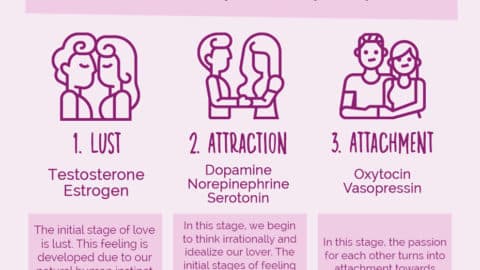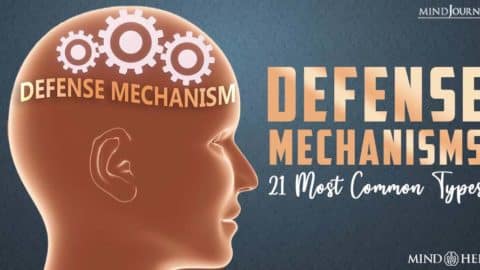- Polaris guitarist Ryan Siew’s death highlighted the dangers of brain fog in the younger generations living in the Post-COVID era.
- A recent study shows why Long COVID brain fog symptoms not only baffles sufferers but also researchers.
On June 19, 2023, Ryan Siew, the lead guitarist of the famous Australian metalcore band Polaris, passed away at the age of 26. Polaris was known for addressing themes of depression, loss, and mental health in their music.
The group shared the unfortunate news on their official Instagram account, but did not specify the exact cause of Ryan Siew’s death. However, many fans speculated that it may be connected to depression and cognitive difficulties associated with brain fog.
Ryan Siew, on his part, had always been vocal about his mental health struggles and hospitalization experiences. Months before his death, Siew had written on Instagram, “I had to take a break and focus on myself throughout 2023, and I’m glad to say that for the first time in a long while, I’m no longer reliant on antidepressants and no longer experience constant brain fog and fatigue.”
Brain fog, in the scientific and medical front, is considered as ancient as human intelligence itself. It gained greater prominence in the post-COVID-19 era when survivors started noticing lingering brain fog as one of the most common aftereffects of the virus. Additionally, the recent rise of burnout culture among the younger generation has also been associated with the experience of Post-COVID brain fog.
In a recent Medscape interview, James C. Jackson, PsyD, a neuropsychiatrist and author of a “Clearing the Fog: From Surviving to Thriving With Long COVID ― A Practical Guide,” said: “There’s not a lot of imprecision in the term [Long COVID brain fog] because it might mean different things to different patients … With a brain injury, you’re doing fine, and then some event happens (in this case COVID), and immediately after that, your cognitive function is different.”
Jackson also referenced a present case of Long COVID brain fog that he was treating. He quoted the harrowing experience of 42-year-old Nashville resident, Kate Whitley, who was suffering from brain fog. She shared her struggles with memory lapses, admitting to feeling anxious about social interactions due to the fear of forgetting important details.
Jackson quoted her as saying: “I find it increasingly challenging to think. It’s a stark realization that one’s identity is profoundly connected to their cognitive abilities. At times, I feel like an empty shell compared to my former self. I’m constantly worried about inadvertently saying something wrong because I can’t recall details about other people’s lives.”
Long COVID brain fog symptoms not only baffles sufferers but also researchers. Emerging studies are all struggling to grapple with the nature and realities of the long-term symptom. In fact, a recent study published in JAMA Network Open suggests that COVID-19 patients who experience brain fog within the first four weeks of infection may be at a higher risk of developing Long COVID brain fog.
The investigation, conducted by researchers from UCLA, aimed to describe the characteristics of patients who reported cognitive deficits during the initial four weeks after COVID-19 infection and examine the connection between these deficits and long COVID. The study included a prospective cohort of 766 patients who had confirmed COVID-19 between April 2020 and February 2021.
The researchers highlighted that neuropsychiatric Long COVID brain fog symptoms (including cognitive deficits) are frequently observed in acute COVID-19 and long COVID. However, the relationship between these deficits and long COVID remains unclear.
The impact of brain fog extends across all age groups, and it encompasses various neuro-cognitive symptoms such as memory problems, difficulty concentrating, trouble focusing, fatigue, shortness of breath, muscle aches, and symptoms resembling post-traumatic stress disorder (PTSD).
Regarding long COVID, the study authors discovered that patients who reported cognitive deficits during the early stages of the disease were more likely to experience long COVID symptoms at 60 and 90 days compared to those without cognitive deficits. Out of the 233 patients who reported long COVID symptoms at 60 and 90 days, half had reported cognitive deficits at the 30-day survey.
In contrast, among the 543 patients who did not report long COVID symptoms at 60 or 90 days, only 29% reported cognitive deficits at the 30-day survey. Based on these findings, the study authors concluded that there is an association between perceived cognitive deficits in the early stages of COVID-19 and the development of long COVID, indicating the need for further investigation into the underlying mechanisms of long COVID.





